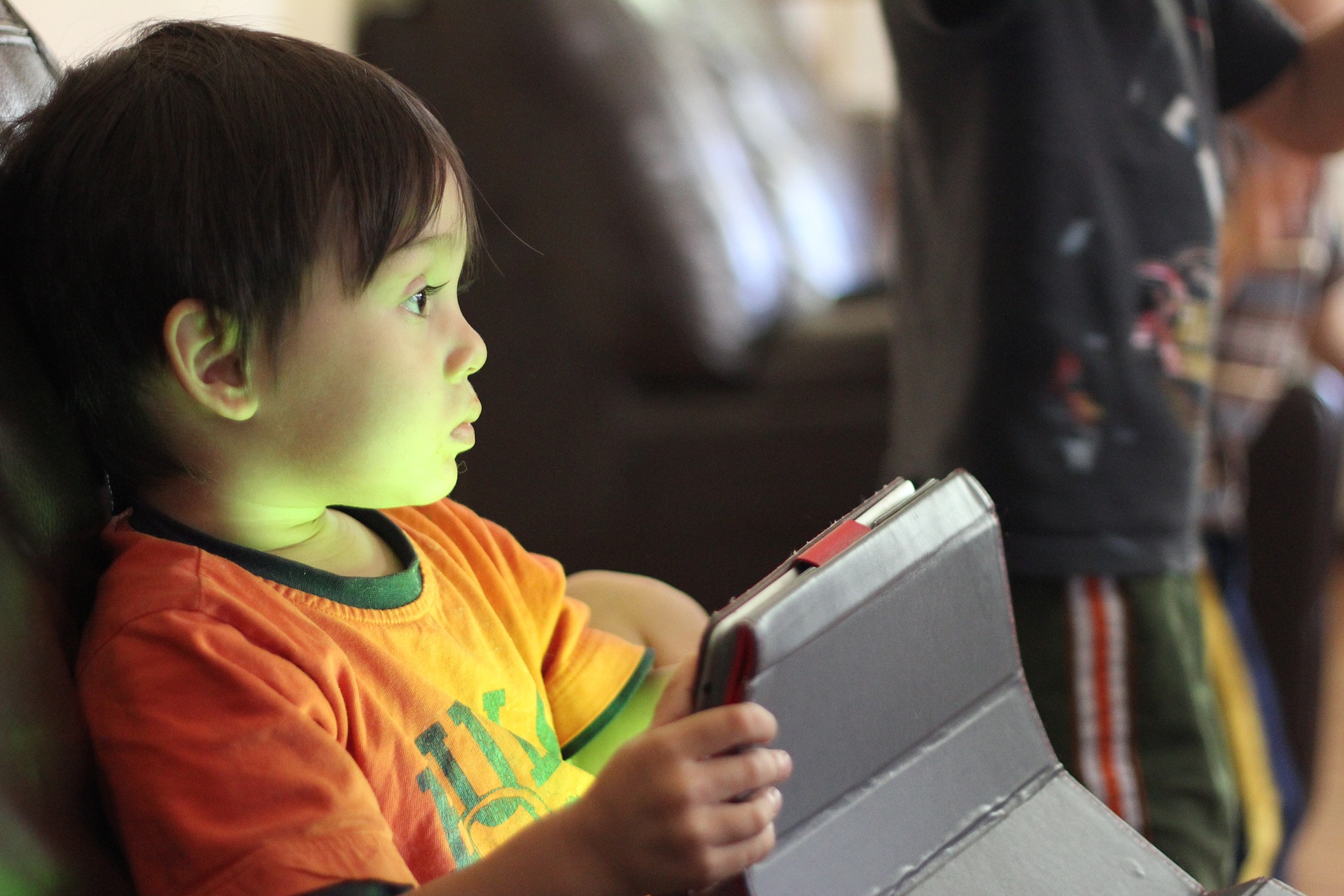Reading Time For This Article-3 Minutes
Everyone knows that academic achievement is important for children, but research also shows emotional intelligence is just as significant.
Why Emotional IQ Matters
E.I.Q. equals success in relationships, work, even our physical well-being. Studies suggest emotional intelligence is twice as strong a predictor as IQ of future success in kids!

According to Wendy Snyder a Positive Parenting Teacher & Family Coach @ Fresh Start Families, "Decades ago, social-emotional literacy skills were not taught formally, but now, parents & educators worldwide are embracing the idea that formal classrooms are necessary to empower kids & families with these basic skills sets that our world needs to have more peace, and less conflict."
8 Key Emotions & Social-Emotional Skillsets Kids Need to Know
Sadness- slows down thought and motor activity, but it's also a chance to examine why we're upset.
Anger- can cause intense energy and send blood racing. It tells us that our rights have been violated and helps us protect against future threats.
Hurt - A feeling that happens to everyone in life, but kids who are taught how to take care of themselves to help themselves feel better (instead of hurting back or taking revenge) have better relationships & more self-confidence throughout life.
Happy - An emotion that comes from within, kids can be taught to find joy in even challenging situations & also the importance of stopping to truly feel & appreciate happy moments, days & experiences. This feeling is important in relation to forming habits of gratitude as a regular practice.
Scared - Courage & bravery is born from fear. When kids are taught how to feel afraid, instead of deny it or run from it, they experience their inner strength and are empowered to believe in themselves.
Self-control- is a key indicator of success in children. Kids who are able to control impulses driven by emotions and avoid distractions are able to engage in more positive social behaviors and reach their goals.
Empathy- understanding the emotions of others.
Purpose- knowing what's important in life.
5 Social Emotional Do's For Parents
1: Be aware of your child’s emotions.
2: See emotions as an opportunity for connection and growth.
3: Listen and validate their feelings.
4: Label their emotions.
5: Help your child problem-solve.
The Don't's-Social Emotional Mistakes Parents Make
Never dismiss your child's emotions as unimportant, or punish them for expressing their feelings. Be sure to accept all of your child's emotions, and help them problem solve.

American Academy of Pediatrics advises parents not use technology as a way to calm or pacify negative emotions in their child. The American Academy of Pediatrics states, “Concern that using media as strategy to calm could lead to problems with limit setting or the inability of children to develop their own emotion regulation.”
According to Snyder, "As humans, we are all born with high levels of innate emotional intelligence. Unfortunately, what culture and societal norms has taught us, often gets in the way of us actually feeling our feelings."Snyder offers these alternative solutions in common childhood scenarios:
Instead of Saying...
- “Don't be sad, there’s nothing to be sad about”-Say “Looks like you are sad, how will you take care of yourself?”
- "You’re fine, get up, you’re not even bleeding”- Say “Oh goodness, you’re feeling hurt, huh? do you need support to help yourself feel better?”
- "Everything’s fine, don’t be scared.”-Say “Everyone feels scared sometimes, what can you do to get through that fear with courage, how can I help?"
According to Ms. Snyder, "This is such a new area for many parents who weren’t raised with this kind of education, family membership programs like The Fresh Start Family Bonfire keep parents engaged with monthly lessons, educational resources & coaching to keep parents engaged and empowered with answers."
Research shows that children of parents who coach their kids emotionally are physically healthier, do better academically, and get along better with their peers.

Wendy Snyder is a Positive Parenting Teacher & Family Coach and co-host of The Fresh Start Family Show, a podcast that gives the mom & dad perspective into what it looks like to raise kids.
For More Information Visit: https://freshstartfamilyonline.com/
Stay Informed Join Central San Diego Macaroni Kid It's Free!


